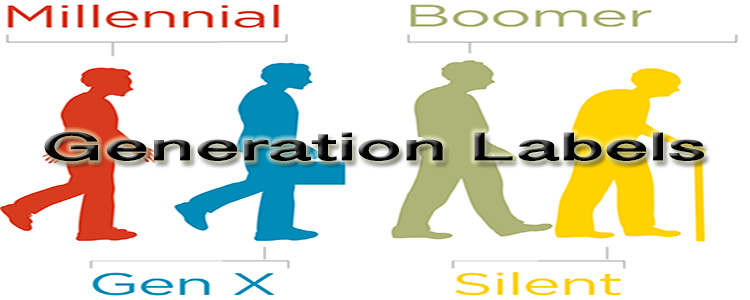Kerby Anderson
In my commentaries I often refer to the millennial generation. But what does the term “millennial” really mean? According to John Quiggin, “millennial means nothing.” That is the title of his op-ed in the New York Times.
He is on to something. Some social commentators make broad statements about a particular cohort of people: baby boomers, baby busters, or millennials. As we all know, for any general rule there are bound to be exceptions. That is why he rejects what he calls “the generation game.” That is the insistence on dividing society into groups based on birth year.
When I wrote a book years ago on baby boomers and when I speak in various venues today about the millennial generation, I always talk about the fact that the trends we see are general rules. I even say that if you know millennials, you may notice that the trends I am talking about don’t necessarily apply to them. If you are a millennial, you may say some of the trends don’t apply to you.
Once we have that disclaimer, it then seems fair to notice general trends within a generation. After all, people born in the 1950s grew up in a time of unprecedented economic expansion. Young people born after the year 2000 grew up in a time when America was at war with terrorists. Even though there are important differences within a particular generation, they all had some common social experiences.
And I believe that one factor that really binds a generation together is the shared technological experiences. Computers, the Internet, video games, and smartphones have had a profound influence on the millennial generation and the following generation (often called the iGen). In many ways, that common experience unifies a cohort like never before. That is why I am not ready to say millennial means nothing.
 Listen Online
Listen Online Watch Online
Watch Online Find a Station in Your Area
Find a Station in Your Area











 Listen Now
Listen Now Watch Online
Watch Online
